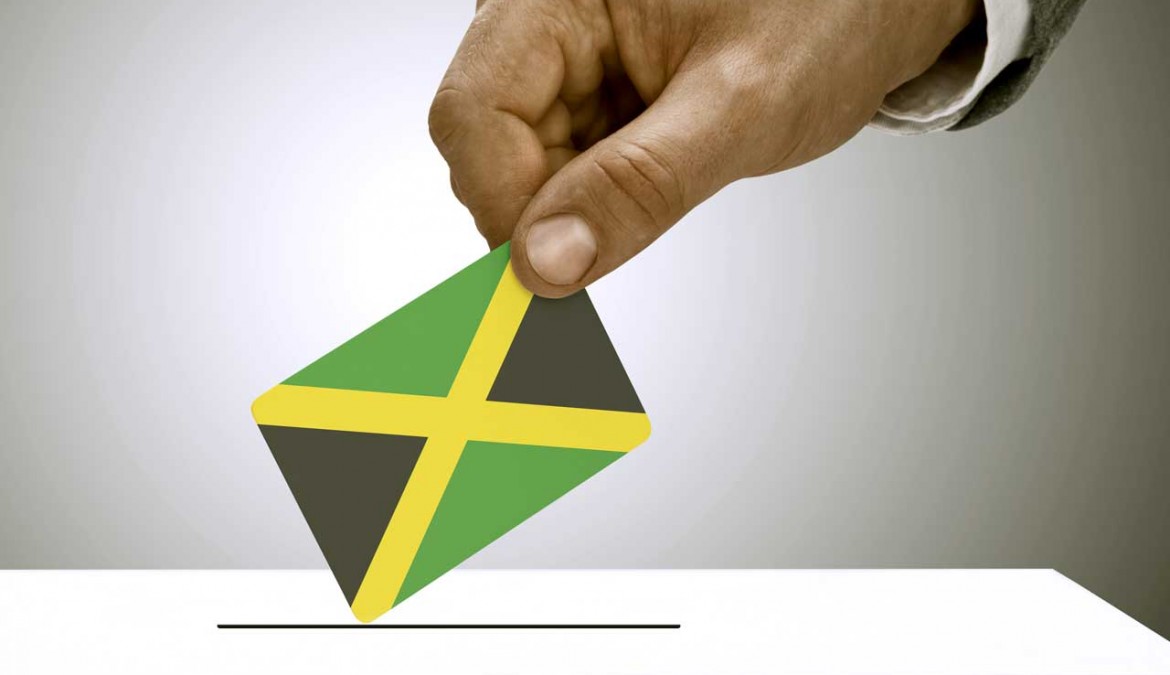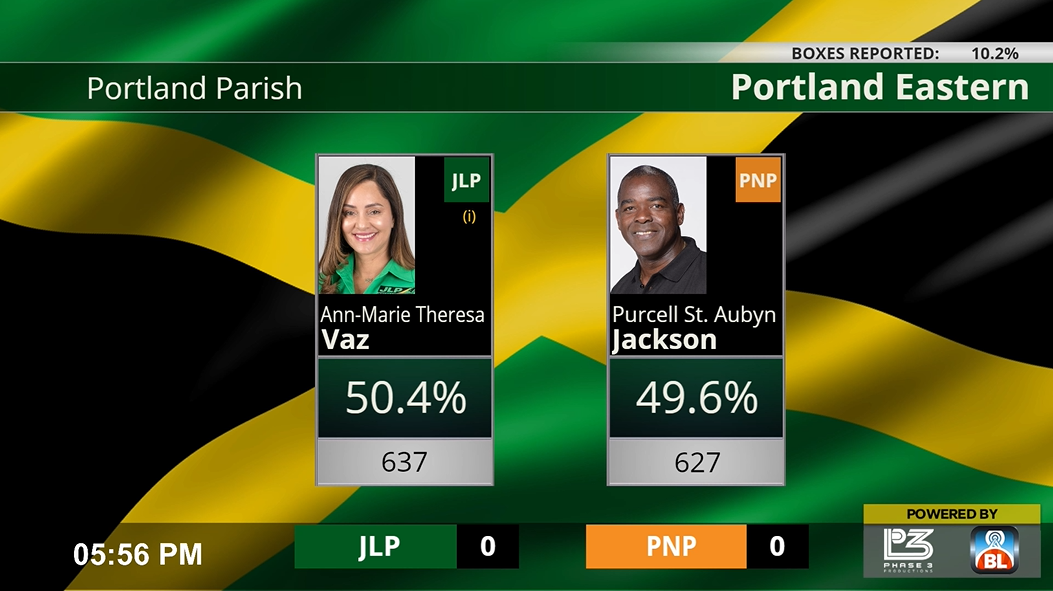Navigating The Future: Understanding The Jamaican General Election Cycle
Navigating the Future: Understanding the Jamaican General Election Cycle
Related Articles: Navigating the Future: Understanding the Jamaican General Election Cycle
Introduction
With enthusiasm, let’s navigate through the intriguing topic related to Navigating the Future: Understanding the Jamaican General Election Cycle. Let’s weave interesting information and offer fresh perspectives to the readers.
Table of Content
Navigating the Future: Understanding the Jamaican General Election Cycle

The Jamaican political landscape is characterized by a vibrant democracy where the people hold the power to shape their nation’s future. This power is exercised through regular elections, a cornerstone of the country’s democratic system. While the exact date for the next Jamaican general election is yet to be formally announced, understanding the election cycle and its implications is crucial for engaged citizens.
The Constitutional Framework:
Jamaica’s Constitution outlines the framework for the electoral process, ensuring free and fair elections. The document stipulates that general elections must be held at least every five years, with the Governor-General, acting on the advice of the Prime Minister, setting the date.
The Election Cycle:
The election cycle in Jamaica typically unfolds in the following manner:
- Pre-Election Period: This period is characterized by political campaigning, where parties and candidates present their platforms and policies to the electorate. This phase is marked by rallies, debates, media appearances, and door-to-door canvassing.
- Election Day: On the appointed day, registered voters head to designated polling stations to cast their ballots. The process is overseen by the Electoral Commission of Jamaica (ECJ), ensuring transparency and fairness.
- Post-Election Period: Following the election, the ECJ tallies the votes and announces the results. The party that secures a majority of seats in the House of Representatives forms the government, with its leader becoming the Prime Minister.
Factors Influencing the Election Date:
While the Constitution sets a five-year timeframe, the exact date of the election can be influenced by several factors:
- Political Considerations: The incumbent government may choose to call an election earlier than the five-year limit if it believes it enjoys strong public support or wishes to capitalize on favorable political circumstances. Conversely, they may delay the election if they perceive a disadvantage in the political climate.
- Economic Performance: The state of the economy can significantly influence the timing of an election. A government may choose to hold an election during periods of economic prosperity to highlight its achievements, while a struggling economy may lead to a delay.
- External Factors: Global events, such as economic crises or regional instability, can also impact the election date.
The Importance of Engagement:
The Jamaican general election is a pivotal moment in the country’s political landscape. It provides citizens with the opportunity to:
- Choose their Leaders: By casting their vote, citizens directly influence who will represent them in government and shape the nation’s future.
- Hold Leaders Accountable: Elections serve as a mechanism for holding elected officials accountable for their actions and policies.
- Shape the National Agenda: The election process allows citizens to express their views on key issues and priorities, influencing the government’s agenda.
Engaging with the Election Process:
Active participation in the electoral process is essential for a vibrant democracy. Citizens can engage in several ways:
- Registering to Vote: Ensuring registration is the first step towards participating in the election.
- Staying Informed: Keeping abreast of the candidates, their platforms, and the political landscape through news sources and independent research is crucial for making informed decisions.
- Participating in Debates: Attending debates and engaging in discussions with candidates allows citizens to directly engage with the issues and hold them accountable.
- Volunteering: Contributing to the electoral process by volunteering with political parties, NGOs, or the ECJ can help ensure a fair and transparent election.
FAQs:
Q: What is the current term of the Jamaican government?
A: The current term of the Jamaican government is five years, starting from the last general election held in 2020.
Q: How often are general elections held in Jamaica?
A: General elections in Jamaica are held at least every five years, with the exact date determined by the Governor-General acting on the advice of the Prime Minister.
Q: What are the key issues likely to be debated in the next general election?
A: The key issues likely to be debated in the next general election will depend on the political climate and the priorities of the various parties. However, some common themes include economic growth, job creation, education, healthcare, crime and security, and environmental protection.
Q: What are the requirements for voting in Jamaica?
A: To be eligible to vote in Jamaica, individuals must be:
- A Jamaican citizen
- At least 18 years old
- Registered as a voter
Q: What are the roles of the Electoral Commission of Jamaica (ECJ)?
A: The ECJ is responsible for:
- Conducting free and fair elections
- Registering voters
- Overseeing the polling process
- Announcing the election results
Tips for Engaging with the Election Process:
- Stay Informed: Follow reputable news sources and engage with independent research to understand the candidates, their platforms, and the political landscape.
- Participate in Debates: Attend debates and engage in discussions with candidates to understand their positions on key issues.
- Verify Information: Be cautious about information circulating online and on social media. Verify information through credible sources.
- Respect Different Views: Engage in respectful dialogue with individuals holding different political views.
- Vote: Exercise your right to vote and participate in the democratic process.
Conclusion:
The Jamaican general election is a vital exercise in democracy, empowering citizens to shape their nation’s future. Understanding the election cycle, engaging in the process, and staying informed are crucial for ensuring a fair and transparent election. By actively participating, citizens can contribute to a vibrant and democratic Jamaica.








Closure
Thus, we hope this article has provided valuable insights into Navigating the Future: Understanding the Jamaican General Election Cycle. We hope you find this article informative and beneficial. See you in our next article!